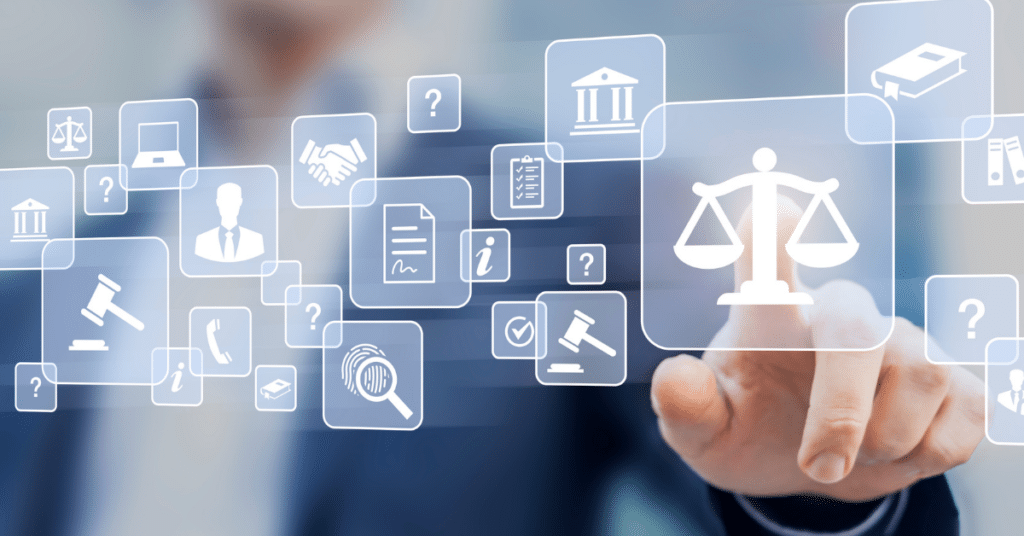In the legal services sector, confidentiality isn’t just a professional courtesy; it’s a foundational principle. As legal firms increasingly rely on digital tools and Managed Service Providers (MSPs) to handle sensitive client data, the importance of SOC2 compliance cannot be overstated. For law firms, choosing an SOC2-compliant MSP is critical for maintaining the integrity of client information and upholding the trust that is central to the attorney-client relationship.
Importance of SOC2 Compliance in Legal Services:
SOC2 compliance in legal IT services goes beyond meeting a standard; it’s about ensuring that client data is handled with the highest level of security and confidentiality. This compliance ensures that MSPs adhere to stringent controls for data protection, safeguarding against unauthorized access and data breaches. In a sector where discretion is paramount, SOC2 compliance is a key factor in choosing an IT partner.
Risks of Non-Compliance:
Opting for an MSP without SOC2 compliance in the legal sector opens the door to a host of significant risks, each carrying the potential to fundamentally disrupt the practice and reputation of a law firm.
- Exposure of Sensitive Legal Information: The most immediate and glaring risk is the exposure of sensitive legal information. This could include confidential client communications, privileged legal strategies, case details, and personal client data. A breach can lead to this critical information falling into the hands of adversaries or the public, severely compromising the integrity of legal cases.
- Compromising Client Privacy: Legal practices handle a significant amount of personal and sensitive information. A data breach can lead to the unauthorized disclosure of this information, violating client privacy. This not only breaches the trust between attorney and client but can also have personal and professional repercussions for clients, especially in sensitive legal matters.
- Impact on Legal Proceedings: Confidentiality is key in legal proceedings. A breach that exposes case strategies or confidential communications can undermine the effectiveness of legal representation, potentially altering the outcomes of legal cases. This can have profound implications for both the clients and the legal firm involved.
- Legal Liabilities and Ethical Violations: Law firms are bound by strict ethical standards and legal obligations regarding client confidentiality. A data breach can result in legal liabilities for the firm, including penalties, sanctions, and even disbarment for ethical violations. The legal ramifications can be severe and long-lasting.
- Erosion of Client Trust: The attorney-client relationship is built on trust, particularly regarding the handling of sensitive information. A breach can erode this foundational trust, leading to client attrition and challenges in attracting new clients. Restoring trust requires significant effort and time, and in some cases, might be irreparable.
Not opting for an MSP with SOC2 compliance in the legal sector poses multifaceted risks, threatening the confidentiality of sensitive information, the integrity of legal proceedings, and the foundational trust upon which legal practice is built. The consequences of such non-compliance can be far-reaching, affecting every aspect of a law firm’s operations and reputation.
At Atruent, we understand the unique IT challenges faced by the legal sector. With over 30 years of experience in information technology, we offer SOC2-compliant IT solutions tailored to the specific needs of legal firms. Our commitment to data security and privacy extends beyond compliance; it’s about ensuring the confidentiality and integrity of client information, which is essential in the legal world.
Protect your client data and maintain the integrity of your legal practice with Atruent’s SOC2-compliant IT solutions. Our expertise in legal IT services ensures that your client information is always secure, allowing you to focus on your legal responsibilities with peace of mind. Contact us today for a free consultation and strengthen the foundation of trust and confidentiality that your legal practice is built on.


